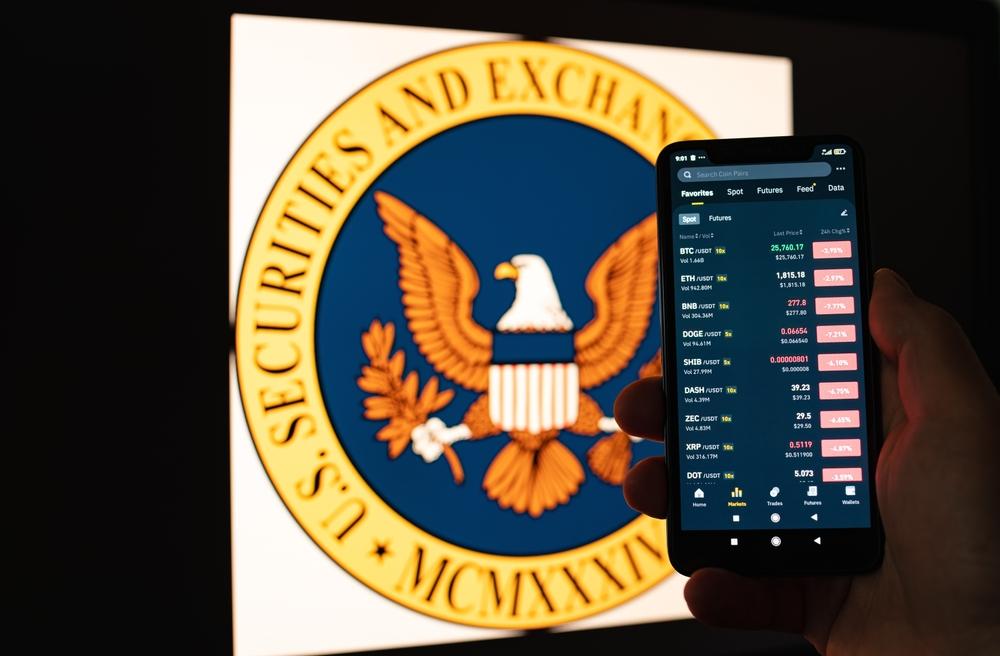The Securities and Exchange Commission (SEC) of the United States will hold its second round table of crypto policy this Friday, focusing on the custody of digital assets and the existing regulatory gaps. This event is part of a four -part series launched by the working group on the Crypto de la SEC, aimed at clarifying and modernizing the regulations of cryptographic assets.
The new president of the Sec, Paul S. Atkins, sworn earlier this week, will present opening remarks. Known for its position adapted to the market, Atkins is committed to bringing greater regulatory clarity to the digital asset industry, marking a passage from the approach of its predecessor.
The Friday round table includes two expert panels. The first will explore “the guard by brokers and beyond”, while the second will examine “the advisor in placement and the custody of investment companies”. Participants include representatives of Fireblocks, Digital Bank, Fidelity Digital Assets, Kraken and Bitgo, alongside legal and university experts.
Guard remains a critical problem for cryptographic regulations. The current SEC rules oblige the advisers in place to use a “qualified guardian”, generally a bank or a broker – an arrangement which poses challenges for crypto -native companies. A 2023 sec proposal aimed at updating the requirements of the guard, but aroused criticism for the lack of solutions specific to cryptography and to hinder conformity.
Panelists like Neel Masitra de Dechert LLP and Justin Browder of Simpson Thacher previously criticized the rigid position of the dry, stressing the lack of infrastructure and qualified guards for cryptographic assets. They argue that the current manager forces advisers to choose between investors’ demand and regulatory compliance.
This round table follows an earlier session on cryptographic trading held on April 11. Two additional sessions are planned: tokenization on May 12 and decentralized finance (DEFI) on June 6, while the SEC continues to bring together industry contributions to shape its evolutionary cryptography regulatory strategy.




